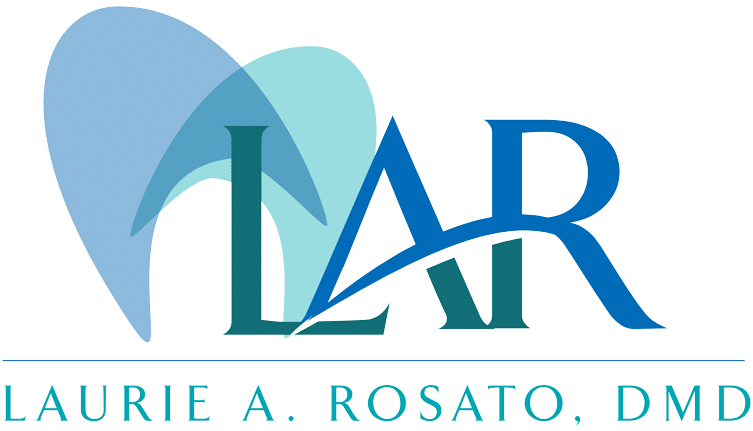The temporomandibular joints, or TMJ, connect your lower jaw to the skull. When these joints are dysfunctional, it causes TMJ disorder. This type of joint dysfunction can have a number of potential causes, and only by determining the cause can we find a solution to your chronic pain. Below, we discuss some of the most common causes of TMJ disorders.
Teeth Grinding or Clenching
Many people believe that stress is the primary cause of TMJ dysfunction, but this is only partially true. Although stress does not directly cause pain in the temporomandibular joints, it can lead to muscle tension throughout the body in some people, causing them to clench or grind their teeth at night. Also known as bruxism, this clenching and grinding puts stress and pressure on the joints and teeth, which can lead to the development of TMJ disorder.
Although we encourage you to make lifestyle changes that reduce your stress, we also understand that this is easier said than done! We offer treatment options to relieve your discomfort and prevent the nighttime teeth grinding and jaw clenching that cause your TMJ dysfunction.
Joint Injury
An injury to the joint or jaw is another frequent cause of TMJ disorder. Chronic pain can result from even minor injuries to the muscles that surround the temporomandibular joints. A blow to the head or an accident can dislocate the disc between the ball and socket of the joint, or the jaw can become misaligned after trauma, resulting in TMJ disorder. Even the insertion of a breathing tube during surgery or having to keep your mouth open during a long dental procedure can cause a joint injury and trigger TMJ pain.
When your TMJ disorder is the result of an injury, your pain may go away on its own as your body heals from the trauma. Other times, the injury causes permanent damage and requires treatment for long-term relief. We’ll help determine the right course of treatment for your joint injury and refer you to a qualified oral surgeon if we think you’d benefit from TMJ surgery.
Arthritis
The temporomandibular joints, like other joints in the body, can be damaged by arthritis. Both osteoarthritis and rheumatoid arthritis may affect the TMJ, causing one or both joints to deteriorate over time. We don't expect the symptoms of arthritis to go away or improve without medical intervention because it's a degenerative disease.
Treating TMJ dysfunction caused by arthritis calls for a team-based approach. We'll work with your doctor or rheumatologist so both your immediate pain and the underlying cause of your symptoms can be addressed. Often, addressing the disease systemically while at the same time reducing the stress on the joints can provide relief.
Learn More About TMJ Disorders
Do you suffer from chronic jaw pain and headaches? Are you wondering if the cause of your pain could be TMJ disorder? Contact us today at 603-228-9276 to schedule an appointment for a consultation to learn more about TMJ disorder and the treatment options available at our practice.

